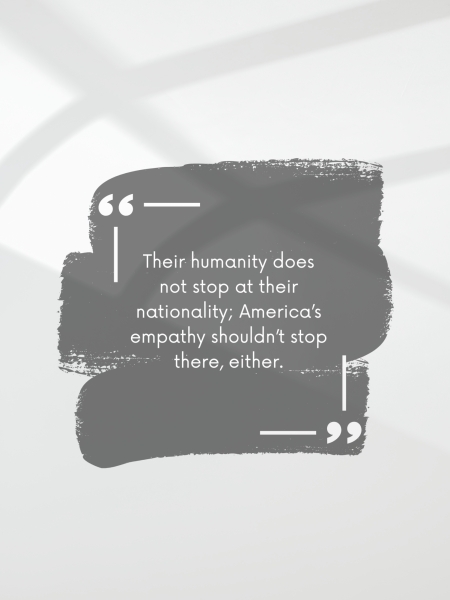Is college the only way? No, there are other options
For many people, college seems like an obvious and necessary step after high school. Earning a degree is advantageous for acquiring a job in many cases. Sure there are other options, but college may appear as though it offers the most fulfilling careers.
However, it isn’t all it’s chalked up to be. A job isn’t guaranteed with a degree, and the position someone ends up with isn’t determined by the degree they’ve earned. According to forbes.com, a degree is a standard prerequisite for entering the workforce, and what the degree is for is less important than the fact that a person has it.
Now, consider that many jobs that pay well, have low unemployment rates and are legitimately fulfilling don’t require a degree. It often doesn’t matter what degree somebody gets, and in an increasing number of cases, it doesn’t matter if they have a degree at all.
Without attending college, open jobs include being a plumber, restaurant cook, flight attendant, patrol officer, firefighter, licensed practical or vocational nurse or wind turbine technician, the latter of which is the second most in-demand job in the US according to greencoreelectric.com.
Skipping college-level education altogether is an option, but there are other possibilities. Opportunities such as trade school are also available. Based on statistics from midwesttech.edu, four-year college costs an average of $9,410 per year while trade school costs anywhere between $5,000 and $15,000 total. Lasting anywhere from three-18 months, trade school can cost more than college per year, but it usually costs less overall because it requires less time invested.
On that note, the time investment of college is a hefty one. Balancing college, working a job, and starting a family is incredibly difficult, yet many people are attempting these things in tandem. The simple solution is to not do these things all at once, but it isn’t a simple matter.
Many people work throughout their college careers to get head starts on paying off student loans, costs of dorms, and general costs of living because they may now be out of the house. And all of these things (going to college, living on their own, or starting a family) can be encouraged and pressured by parental figures, other family members, and friends.
Pressure and stress are additional problems that college students face. Nyu.edu reports that 55 percent of college students explained their most significant stressor to be academic. In 2018, Harvard University conducted a study on stress among college students in which 67,000 people were interviewed. Approximately one-fifth of their sample size reported suicidal thoughts, with nine percent of those having attempted suicide and 20 percent reporting self-injury.
It is important to note that many professions require college degrees, and having a degree is beneficial in acquiring many jobs. There are still plenty of reasons to attend college, and there are certainly ways to aid in paying for it, such as financial help from the military should you choose to join.
There is currently talk about decreasing or even eliminating student loan debt, but this comes with its problems. This isn’t to say that it can’t be done, and hopefully we will have the tools to remedy it at some point. Still, until that is more feasible, college shouldn’t be thought of as an essential stepping stone in life but a single option among a plethora of viable paths to take.






